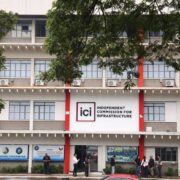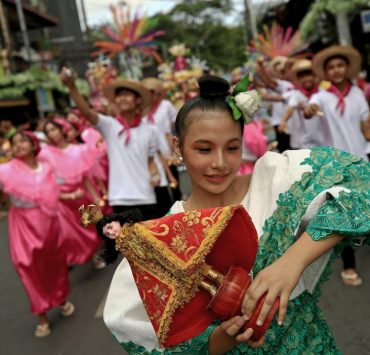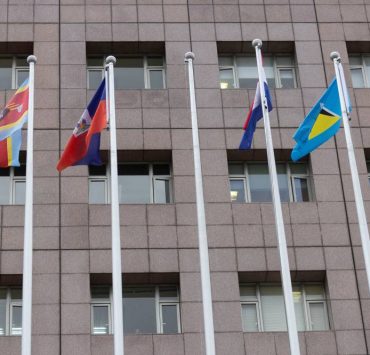‘One China’ policy affirmed after Taiwan elections
The Department of Foreign Affairs (DFA) reaffirmed on Sunday the country’s commitment to a “One China” policy, a day after pro-indepedence leader Lai Ching-Te was elected as the new president of Taiwan, or the Republic of China.
The DFA released the statement as US President Joe Biden also announced from the White House that “we do not support independence” for Taiwan and the United States also remained committed to its One China policy. (See related story on Page B4)It was the first time that Taiwanese voters elected the pro-indepedence Democratic Progressive Party to power for three consecutive terms.
In the DFA statement, the foreign office said the DFA reaffirmed the principles contained in the joint communique of the governments of the Philippines and China that former President Ferdinand Marcos signed with China’s Premier Zhou Enlai in June 1975.
“The two Governments agree to settle all disputes by peaceful means … without resorting to the use or threat of force,” the DFA said, quoting the communique.
The joint communique, which marked the start of official relations with the People’s Republic of China, recognized Beijing as “the sole legal government of China” and that “all foreign aggression and subversion and all attempts by any country to control any other country or to interfere in its internal affairs are to be condemned.”
The joint communique also provides that the Philippine government “fully understands and respects the position of the Chinese government that there is but one China and that Taiwan is an integral part of Chinese territory and decides to remove all its official representations from Taiwan.”
Likewise, it states that Beijing recognizes and “agrees to respect the independence and sovereignty of the Republic of the Philippines.”
The two governments recognize and agree to respect each other’s territorial integrity, according to the agreement.
Maritime dispute
China and the Philippines are also locked in a bitter maritime dispute in the strategic South China Sea.
Beijing claims almost the entire waterway and has ignored a 2016 international tribunal decision that ruled its claims have no legal basis.
In April last year, Chinese Ambassador to the Philippines Huang Xilian indicated that the safety and welfare of tens of thousands of Filipinos working in Taiwan might be jeopardized if Manila does not oppose the independence of the island nation that Beijing claims to be a part of China.
The statement made by Huang was part of China’s warnings that the Philippines would be embroiled in the China-Taiwan conflict by letting US forces use its military bases, particularly those close to Taiwan. INQ

















